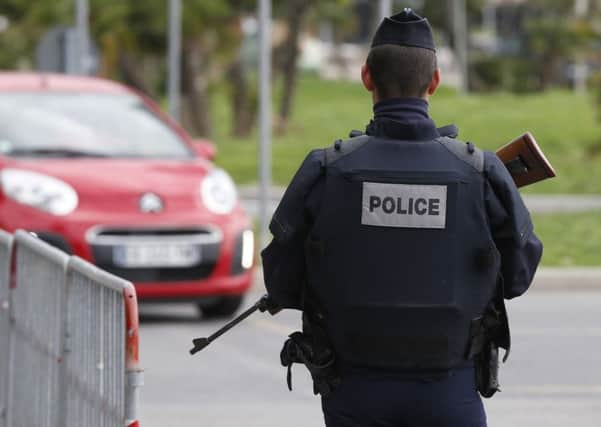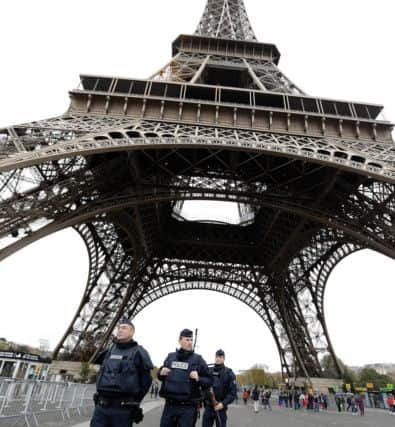Paris attacks: Hunt for second fugitive


Three officials said an analysis of the series of attacks on November 13 indicated that one person directly involved was unaccounted for. The person has not been identified.
Seven attackers died that night - three around the national stadium, three inside the Bataclan concert venue, and one at a restaurant nearby.
Advertisement
Hide AdAdvertisement
Hide AdA team of gunmen also opened fire at a series of nightspots in one of Paris’ trendiest neighbourhoods.


French and Belgian authorities have already issued a warrant for Salah Abdeslam, whose brother Brahim was among the attackers.
A third brother, Mohamed Abdeslam, earlier made a TV appeal for Salah Abdeslam to turn himself in.
Mr Abdeslam, who spoke to French TV station BFM, said his brother was devout but showed no signs of being a radical Islamist.
He said: “Of course I call on him to turn himself over to the police. The best would be for him to give himself up so that justice can shed all the light on this.”
Mohamed Abdeslam was arrested and questioned following the attack and was released on Monday.
He said his brother prayed and attended a mosque occasionally but dressed in jeans and pullovers and showed no signs of being a radical.
Meanwhile, France invoked a never-before-used European Union “mutual-defence clause” to demand that its partners provide support for its operations against Islamic State in Syria, Iraq and other locations.
Advertisement
Hide AdAdvertisement
Hide AdFrench defence minister Jean-Yves Le Drian said all 27 of France’s EU partners responded positively.
He said: “Every country said ‘I am going to assist, I am going to help’.”
Speaking at an EU defence ministers’ meeting, Mr Le Drian noted France’s military burden in northern Africa, the Central African Republic and Lebanon, and the need to provide national security while a state of emergency is in place.
He said EU partners could help “either by taking part in France’s operations in Syria or Iraq, or by easing the load or providing support for France in other operations”.
Article 42.7 of the EU’s Lisbon Treaty states that if a member country “is the victim of armed aggression on its territory”, other members have “an obligation of aid and assistance by all the means in their power”.
The EU’s foreign policy chief Federica Mogherini said that “France has been attacked, so the whole of Europe has been attacked”.
Greek defence minister Panagiotis Kammenos told reporters in Brussels: “This is September 11 for Europe.”
Britain, Finland and Sweden immediately said they stand ready to help but Czech defence minister Martin Stropnicky said he does not expect any French requests for troops.
Advertisement
Hide AdAdvertisement
Hide AdHowever, Germany and Italy ruled out any role in the air campaign against IS in Syria.
German foreign minister Frank-Walter Steinmeier said “it doesn’t make sense if we add to the 16 nations which are carrying out air attacks”.
Germany is providing weapons and equipment to Kurdish fighters battling IS in northern Iraq.
Mr Steinmeier said it “was the right strategy” because they are holding ground and making “slight territorial gains”.
Italian defence minister Roberta Pinotti said her country was already planning to beef up its actions in Iraq.
While ruling out an Italian military role in Syria, she said Italy “assured France of its maximum availability” in other co-operation.
French president Francois Hollande is also going to Washington next week for talks with President Barack Obama on co-ordinating efforts against IS, before meeting Russian president Vladimir Putin in Moscow on November 26 to discuss Syria.